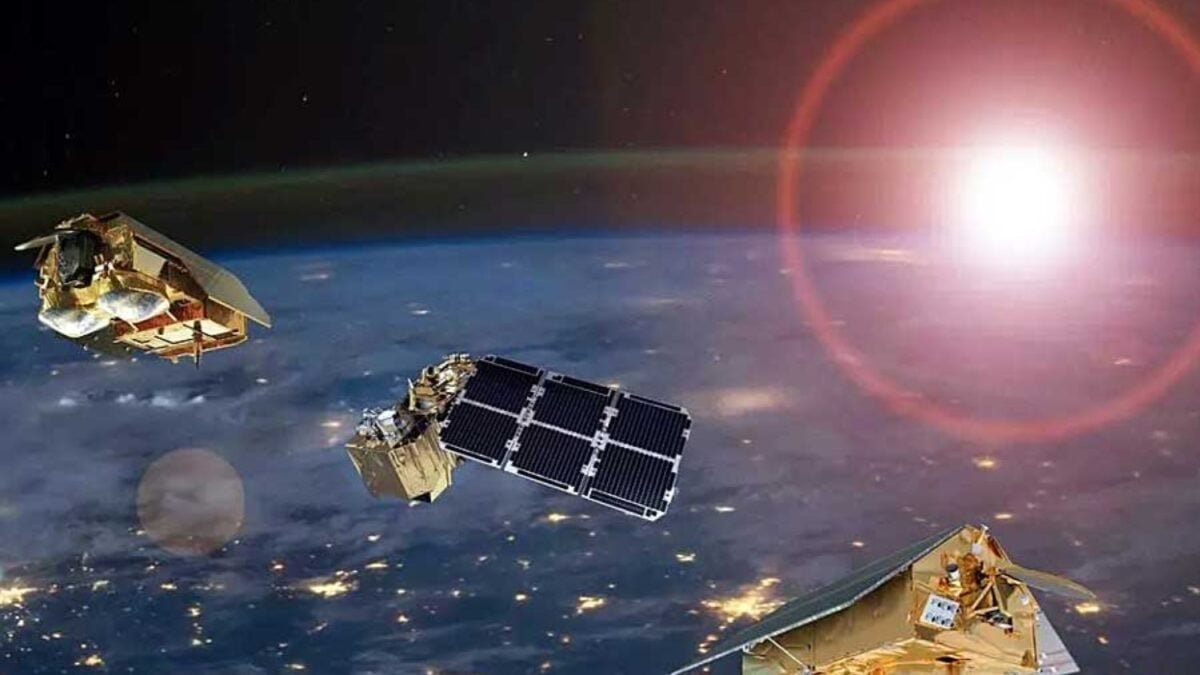Europe on the Verge: Airbus, Leonardo, and Thales Merger as Final Push for Space Industry Relevance

Europe has made a historic decision to merge Airbus, Leonardo, and Thales in a move driven by necessity rather than ambition. The agreement, codenamed [insert name], will create a new giant with 25,000 employees and a turnover of 6.5 billion euros. This merger aims to position the new entity to compete with global powers in the evolving space race.
Forced union to ensure survival
The new company will combine the strongest space divisions in Europe, incorporating Airbus’ Space Systems and Digital Space arm, Leonardo’s Space Division, and Thales’ stakes in Telespazio and [another company]. Additionally, Thales SESO unit, specialized in advanced optics, will be integrated into the new entity.
Airbus takes the lead
Under the preliminary agreement, Airbus will hold a majority stake in the new entity. However, political balance will be as crucial as economic balance to avoid past rivalries hindering progress. The governance structure will be “shared and balanced,” emphasizing the importance of cooperation among all stakeholders.
Urgency to compete in a fast-paced environment
The new conglomerate will face competition from rapidly evolving private space companies such as Rocket Lab, Blue Origin, and Relativity Space. Europe will need to adapt to quicker timelines to keep up with the pace of innovation in the space industry.
A new chapter in European space history
If everything proceeds according to plan, the new giant is expected to be fully operational by 2027. This merger symbolizes Europe’s efforts to maintain its influence in the global space arena after losing its leadership position. In a geopolitical landscape where space has become a strategic asset, this merger represents a crucial step for Europe to secure its position in the future of space exploration.




